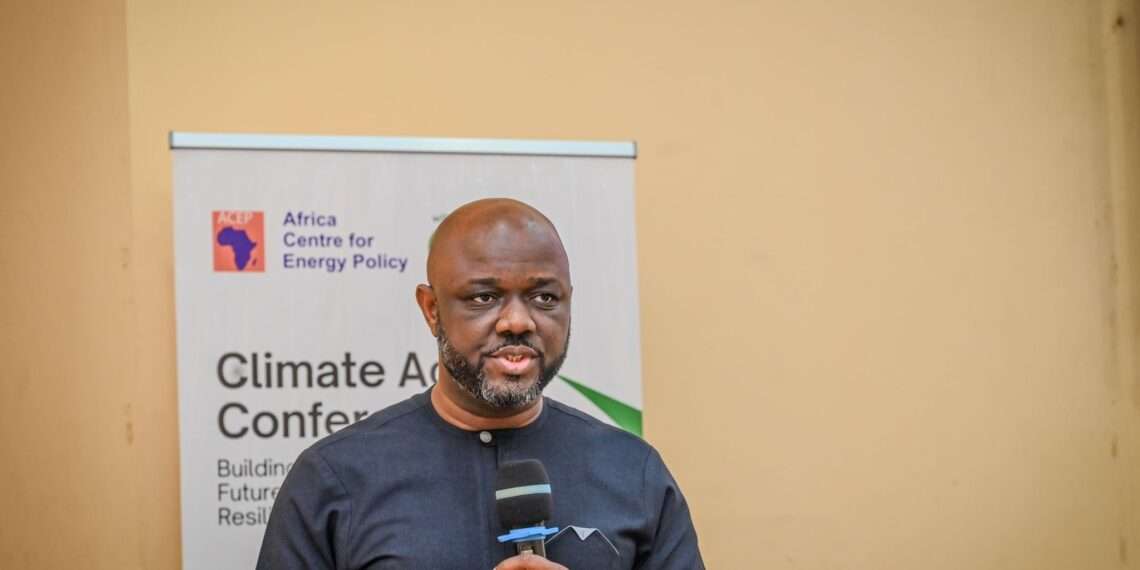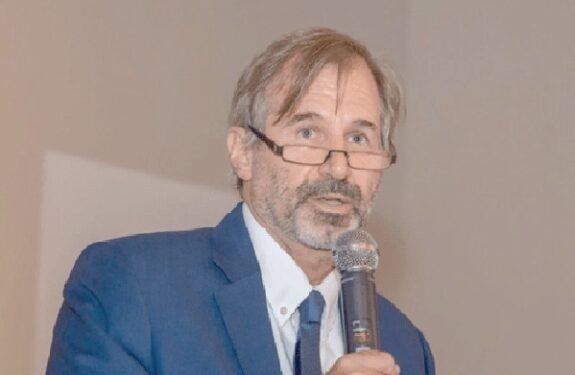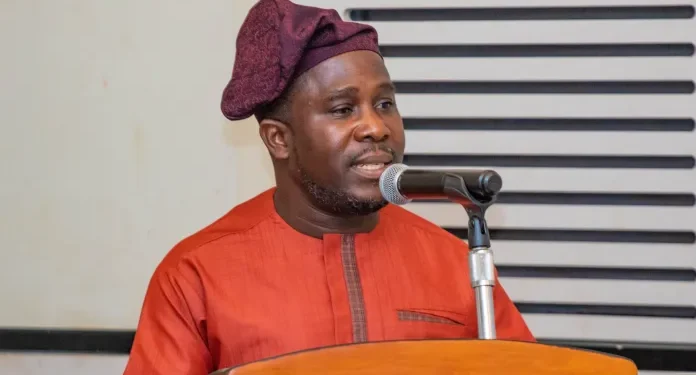Ben Boakye, Executive Director of the Africa Centre for Energy Policy (ACEP), has emphasized the importance of patience and technical scrutiny in evaluating the potential unitization between ENI’s Sankofa oil field and Springfield Exploration and Production’s Afina oil field.
His comments come in the wake of Springfield’s recent appraisal of the Afina Well, which confirmed substantial hydrocarbon potential. According to Mr. Boakye, this development offers the Ghanaian government a second chance to properly assess the feasibility of unitization, a process that involves combining adjacent oil fields under joint management to maximize resource recovery and efficiency.
“We can afford to be patient and see how the Commission analyzes the result of the re-entry exercise and compare it with broader industry intelligence and practice. At all times, the duty to protect Ghana’s interests remains paramount.”
Ben Boakye, Executive Director of the Africa Centre for Energy Policy (ACEP)
The Afina field appraisal comes amid a backdrop of contention over the government’s earlier attempt to enforce unitization between ENI’s Sankofa field and Springfield’s Afina field.
The move led to a legal dispute, with an international arbitral tribunal ruling against the government, citing insufficient technical and geological data to support the unitization directive.
Mr. Boakye, reflecting on this experience, stressed the need for rigorous technical assessments to avoid similar setbacks. “When Ghana attempted to cut corners, it lost before a technical arbitration panel,” he noted.
He also lauded Springfield’s perseverance in overcoming challenges that many, including the Ghana National Petroleum Corporation (GNPC), struggled to address despite significant investments.
“No one doubts Springfield’s statements about their block, but the challenge remains in proving those claims according to industry standards, especially when it comes to issues like potential unitization, which should be celebrated by all parties when it’s meritorious.”
Ben Boakye, Executive Director of the Africa Centre for Energy Policy (ACEP)
Springfield’s Breakthrough at the Afina Field

Springfield Exploration and Production recently announced a major milestone, becoming the first independent African company to find and appraise hydrocarbons in deep-water assets.
The appraisal tests conducted at the Afina-1x well offshore Ghana revealed significant oil and gas potential, with flow rates of up to 4,500 barrels of oil per day from the primary Cenomanian sandstone reservoir.
Kevin Okyere, CEO of Springfield, expressed optimism about the findings: “We are confident that a horizontal well or other well completion options that maximize reservoir exposure in the fields would deliver much higher production rates.”
Springfield’s success at the Afina field is being hailed as a landmark achievement for African energy independence, potentially positioning the company as a key player in West Africa’s oil and gas industry. However, the implications for Ghana extend beyond commercial prospects.
The government now faces a critical decision on how to leverage the appraisal results to revisit the unitization debate with ENI. Experts, including Mr. Boakye, advocate for a cautious approach that prioritizes thorough technical analysis and adherence to global industry standards.
Moreover, the successful appraisal comes at a time when Ghana’s oil sector is navigating the complexities of energy transition policies and global pressure to reduce fossil fuel dependency.
The Afina discovery provides an opportunity for Ghana to boost its oil production and revenue while carefully balancing its commitments to sustainable energy development.
For now, the focus remains on ensuring that decisions are informed by robust technical data and aligned with the broader goal of maximizing national interest. As Mr. Boakye aptly put it, “The duty to protect Ghana’s interests remains paramount.”
As the Petroleum Commission prepares to analyze the appraisal results, industry observers are calling for transparency and collaboration among stakeholders.
The commission’s findings will be crucial in determining the viability of unitization and shaping the next phase of Ghana’s oil exploration and production strategy.
READ ALSO: Bawumia Appeals for Votes Ahead of Special Voting























